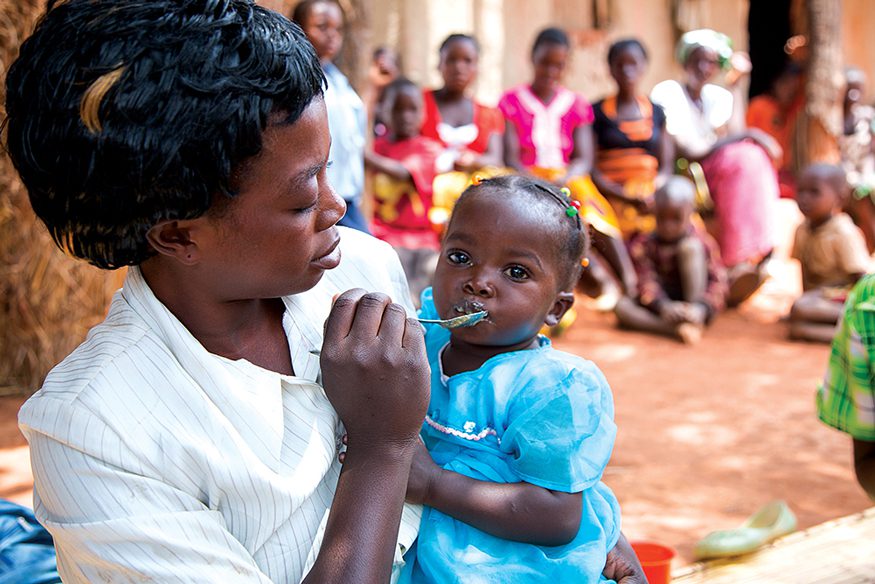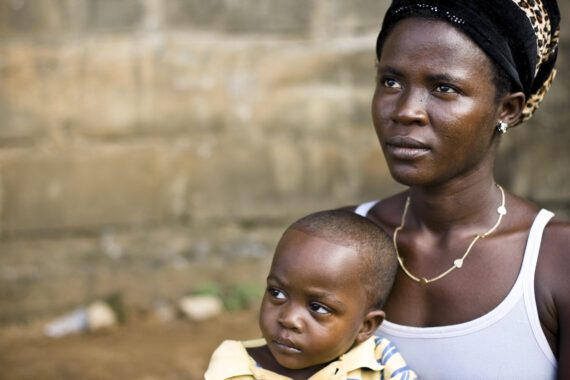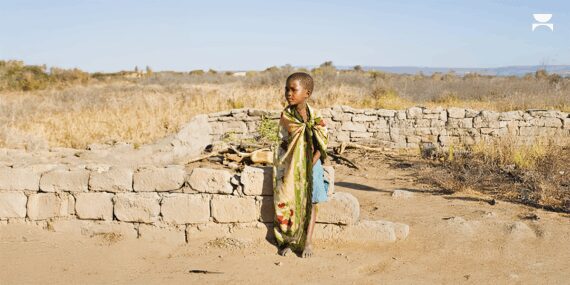An urgent priority during the COVID-19 global pandemic is to protect mothers and young children and others who are at higher risk of death because they are malnourished.
With the virus now spreading in low-resource contexts and new waves of infection expected in the coming year, better nutrition for vulnerable people in the poorest countries—nutrition that provides the best possible immunity and strengthens resilience—is more important than ever.
Most at risk are pregnant women, infants, and young children. Without immediate action, experts estimate that an additional 10,000 children younger than 5 will die every month this year—four deaths per minute—because of the spike in wasting
(life-threatening malnutrition) caused by the pandemic. Preventing such an outcome requires urgent U.S. leadership to make swift investments and take quick actions to protect the nutrition needs of the most vulnerable mothers and children around the
world.
Good nutrition is critical for child survival, health, and development. It builds immunity, protects against illness and infection, builds resilience, and supports recovery. Of all deaths among children younger than 5, approximately 45 percent is attributable to malnutrition—either acute malnutrition or increased vulnerability to infections and other illnesses caused by malnutrition.
The COVID-19 pandemic is expected to double the number of people facing food crises, which will soar to 265 million in 2020 unless swift actions are taken, according to the U.N. World Food Programme. A rise in malnutrition is inevitable as the economic and health crisis becomes a global hunger crisis, and the secondary impacts reduce dietary quality, impair WASH (water, sanitation, and hygiene) practices, and threaten care services for mothers as well as the continuation of regular health and nutrition programs for children.
The COVID-19 pandemic is expected to double the number of people facing food crises unless swift actions are taken



